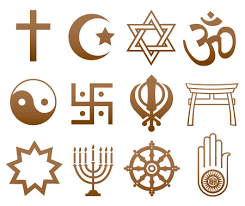Stamp: State Programme of voluntary donation "Blood Service" (Russia 2015)
State Programme of voluntary donation "Blood Service" (Russia 2015)
16 April (Russia ) within release State Programme of voluntary donation "Blood Service" goes into circulation Stamp State Programme of voluntary donation "Blood Service" face value 17 Russian ruble
| Stamp State Programme of voluntary donation "Blood Service" in catalogues | |
|---|---|
| Michel: | Mi:RU 2154 |
Stamp is vertical format.
Designer: A.Povarihin.Also in the issue State Programme of voluntary donation "Blood Service":
- Stamp - State Programme of voluntary donation "Blood Service" face value 17;
- Mini Sheet - State Programme of voluntary donation "Blood Service" face value 17;
Stamp State Programme of voluntary donation "Blood Service" it reflects the thematic directions:
Medicine is the science and practice of caring for patients, managing the diagnosis, prognosis, prevention, treatment, palliation of their injury or disease, and promoting their health. Medicine encompasses a variety of health care practices evolved to maintain and restore health by the prevention and treatment of illness. Contemporary medicine applies biomedical sciences, biomedical research, genetics, and medical technology to diagnose, treat, and prevent injury and disease, typically through pharmaceuticals or surgery, but also through therapies as diverse as psychotherapy, external splints and traction, medical devices, biologics, and ionizing radiation, amongst others.
A symbol is a mark, sign, or word that indicates, signifies, or is understood as representing an idea, object, or relationship. Symbols allow people to go beyond what is known or seen by creating linkages between otherwise very different concepts and experiences. All communication (and data processing) is achieved through the use of symbols. Symbols take the form of words, sounds, gestures, ideas, or visual images and are used to convey other ideas and beliefs. For example, a red octagon is a common symbol for "STOP"; on maps, blue lines often represent rivers; and a red rose often symbolizes love and compassion. Numerals are symbols for numbers; letters of an alphabet may be symbols for certain phonemes; and personal names are symbols representing individuals.


